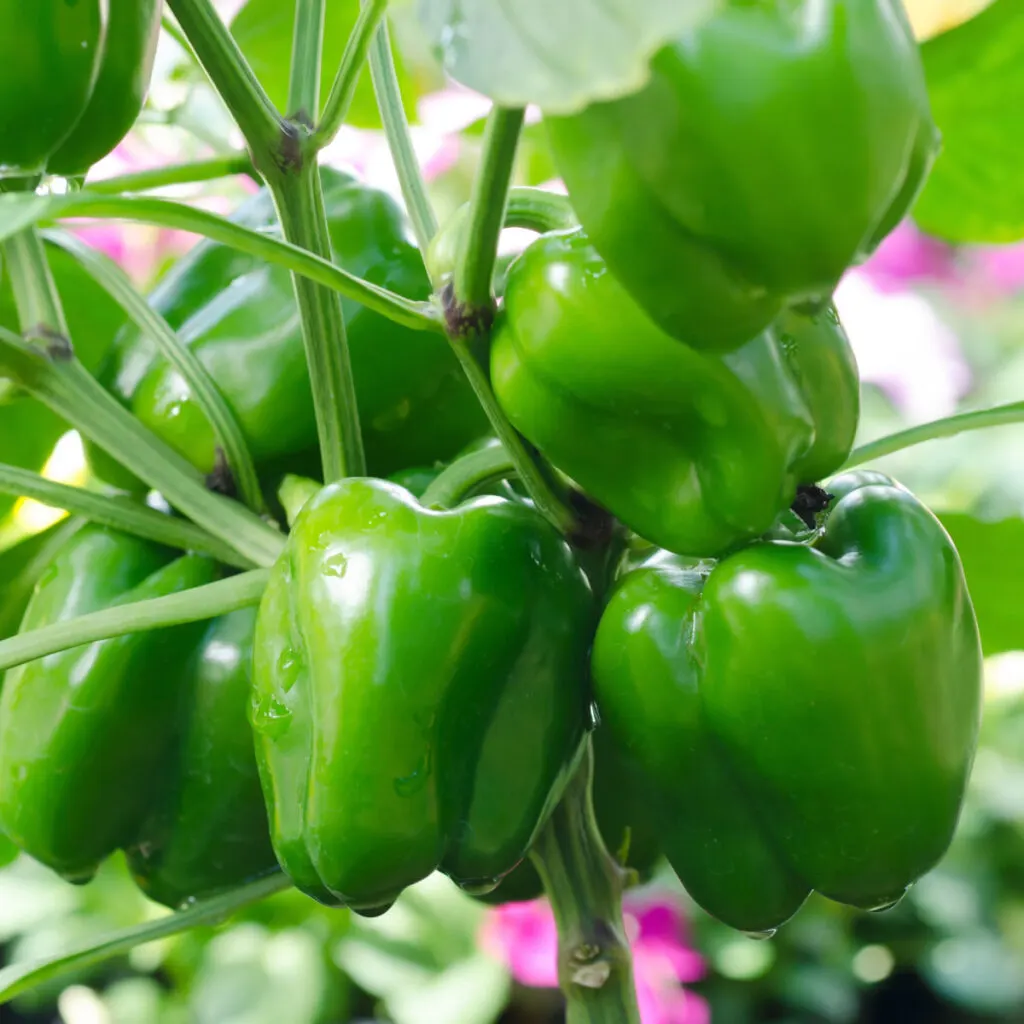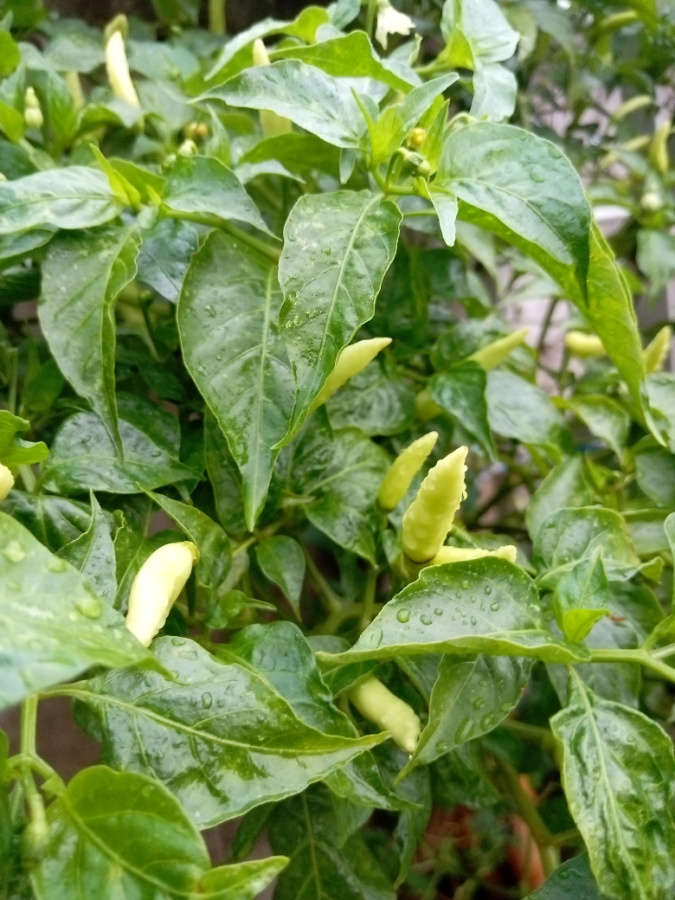The Advantages and Techniques of Using Plant Foods for Peppers in Your Garden
The advantages of utilizing plant foods for peppers extend past plain plant development; they play a critical duty in improving fruit production and general plant health. Understanding the specific requirements of pepper plants and choosing the right plant food can be a game-changer in your gardening journey. By checking out the methods of correct fertilizer application and establishing a timetable tailored to your pepper plants, you can open their complete capacity.
Value of Plant Foods for Peppers
Fertilizers play a critical function in ensuring the optimal growth and efficiency of pepper plants in a yard setting. Peppers are heavy feeders, needing a balanced supply of essential nutrients to flourish and produce abundant harvests. The key nutrients required by pepper plants are phosphorus, potassium, and nitrogen. Nitrogen aids in leafy growth and overall plant vitality, phosphorus sustains origin advancement and blooming, while potassium adds to fruit development and illness resistance.
When peppers lack these vital nutrients, they might show stunted development, yellowing fallen leaves, decreased flowering, and bad fruit collection. By providing the appropriate fertilizers in the proper amounts, garden enthusiasts can address these deficiencies and promote healthy plant growth. In addition, fertilizers aid pepper plants stand up to environmental stressors such as extreme temperatures, insects, and illness, permitting them to focus their power on growth and fruit manufacturing.
Picking the proper fertilizer solution, whether artificial or organic, and adhering to appropriate application methods are crucial consider making best use of the benefits of fertilizers for pepper plants in a yard setting. Routine dirt testing can additionally aid figure out any kind of nutrient inequalities and overview gardeners in developing a customized fertilization strategy customized to the certain needs of their pepper plants.
Choosing the Right Plant Food
Choosing the appropriate fertilizer for pepper plants is essential for guaranteeing their optimum development and performance in a yard setup. When selecting a fertilizer for peppers, it is essential to consider the certain nutrient requirements of these plants. Peppers are hefty feeders, particularly requiring sufficient quantities of phosphorus, potassium, and nitrogen. A plant food with a balanced NPK proportion, such as 10-10-10 or 20-20-20, can be appropriate for peppers.

Prior to using any fertilizer, it is important to perform a soil test to determine the current nutrient degrees in the soil. This details can lead you in choosing the right fertilizer and developing a tailored fertilization prepare for your pepper plants, promoting healthy growth and abundant yields.
Application Strategies for Maximum Results
When applying fertilizers to pepper plants, it is critical to comply with certain methods to make sure that the nutrients are successfully taken in and used by the plants. One necessary method is to use the fertilizer equally around the base of the plants, making sure that it is not focused in one location.
Another crucial application technique is to sprinkle the plants completely after applying the fertilizer. This assists to dissolve the nutrients and carry them to the origins where they are needed for look at these guys development. Furthermore, it is recommended to use fertilizers during the cooler parts of the day, such as very early morning or late evening, to avoid evaporation and maximize absorption.
Furthermore, consistently checking the plants for any kind of indicators of nutrient deficiency or excess can aid in readjusting the fertilizer application click here for more accordingly. By employing these essential application strategies, you can guarantee that your pepper plants obtain the needed nutrients for healthy and balanced development and abundant returns.
Fertilizer Set Up for Pepper Plants
When should pepper plants be fertilized to make certain ideal growth and performance in your garden? Developing a well-structured plant food routine is important for the healthy development of pepper plants - best fertilizers for peppers. Peppers have specific dietary needs that differ throughout their growth phases

As the pepper plants begin flowering, switch to a phosphorus-heavy plant food to advertise durable flower and fruit development. Potassium-rich plant foods ought to be introduced throughout the fruiting stage to boost fruit high quality and return.
Throughout the growing season, monitor the plants for any kind of indications of nutrient shortages and change the fertilizer schedule appropriately. Bear in mind to sprinkle the plants deeply after each fertilizing to assist in nutrient absorption. By following a well-tailored and consistent fertilizer timetable, you can guarantee energetic development and bountiful harvests from your pepper plants.

Tips for Feeding Peppers Efficiently
Efficiently fertilizing peppers entails not only recognizing their specific nutrient demands throughout various development stages, as reviewed earlier, but also implementing useful approaches to enhance nutrient uptake and use. One key idea is to perform a dirt test before using any kind of plant foods to determine the existing nutrient levels. This assists in customizing the fertilizer application to fulfill the details requirements of the pepper plants. It is suggested to use a well balanced fertilizer with a proportion such as 10-10-10 or 20-20-20 to guarantee peppers obtain a mix of vital nutrients. Using fertilizers in the correct amount and at the correct time is essential. It is generally recommended to fertilize peppers gently but often throughout the expanding period. Over-fertilizing can result in nutrition imbalances and create damage to the plants. Additionally, watering the plants prior to and after feeding assists in the efficient absorption of nutrients. Finally, integrating raw material right into the soil click resources can enhance its nutrient-holding ability, assisting in the lasting wellness of pepper plants.
Final Thought
To conclude, plant foods play an essential duty in the development and development of pepper plants in your yard. By choosing the suitable plant food and using it correctly, you can ensure your peppers obtain the required nutrients for optimum development. best fertilizers for peppers. Adhering to a regular plant food timetable and applying effective strategies will help take full advantage of the advantages of fertilizers for your pepper plants, resulting in healthy and effective plants
The advantages of utilizing fertilizers for peppers extend past plain plant development; they play a critical function in enhancing fruit manufacturing and total plant wellness.Plant foods play an essential function in making certain the optimal development and efficiency of pepper plants in a garden setup. When choosing a plant food for peppers, it is important to think about the details nutrient requirements of these plants. When using plant foods to pepper plants, it is crucial to follow certain methods to make sure that the nutrients are successfully absorbed and used by the plants. Adhering to a consistent fertilizer timetable and applying efficient methods will certainly aid take full advantage of the benefits of fertilizers for your pepper plants, resulting in effective and healthy and balanced crops.